Hydrogel-based microspheres better control the release of drugs, providing better post-op pain relief and fewer side effects.
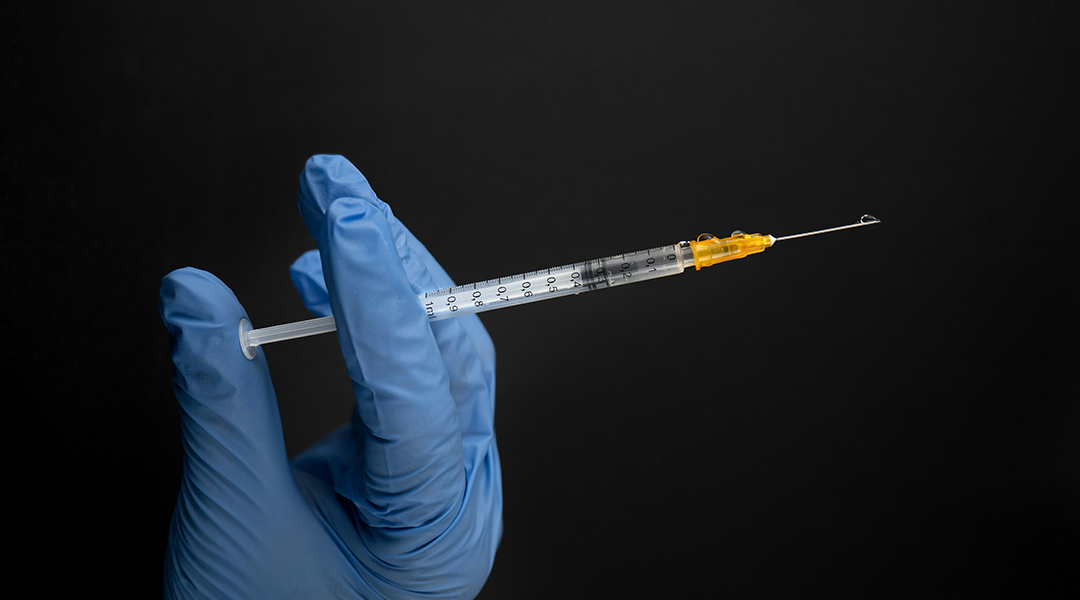

Hydrogel-based microspheres better control the release of drugs, providing better post-op pain relief and fewer side effects.
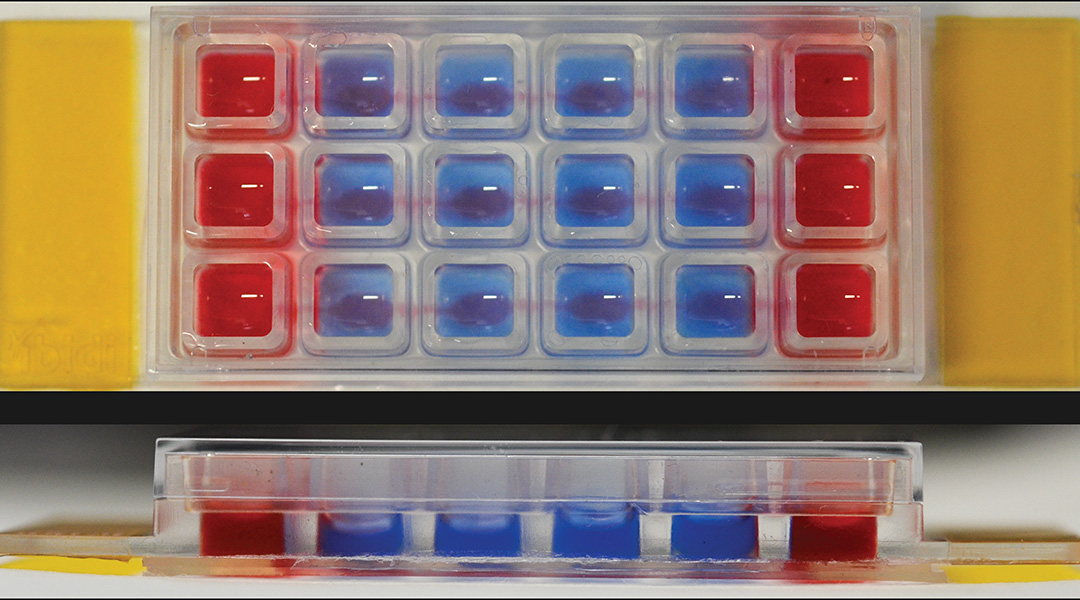
A microfluidic chip could help researchers uncover the unknown underlying mechanisms that cause inflammatory bowel disease.

Polymer chemist Athina Anastasaki talks about establishing her career, inroads into polymer recycling, and resilience in academia.
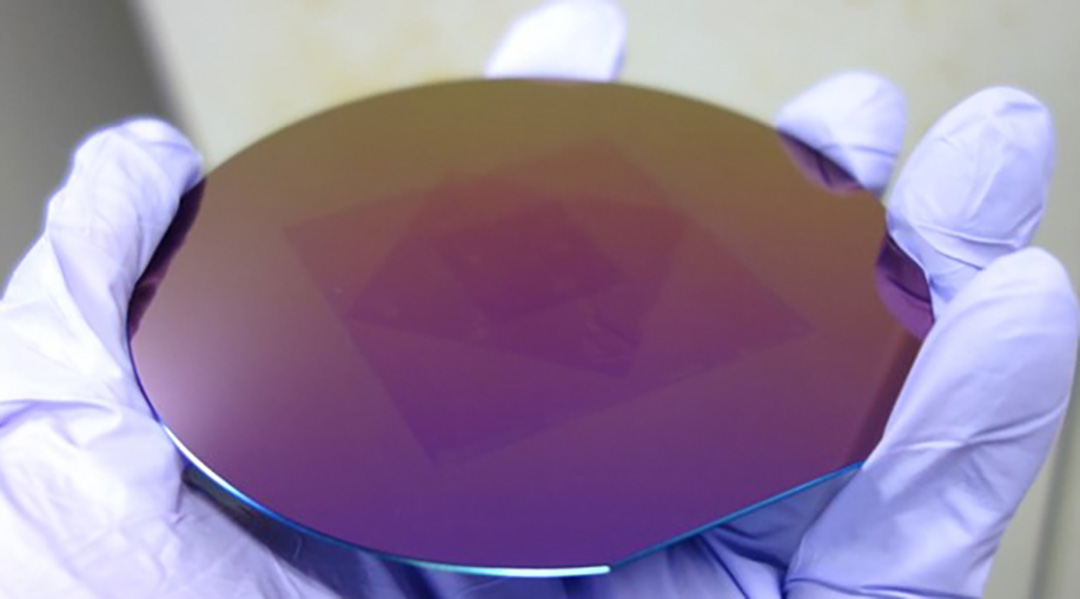
Breakthrough molecular tape streamlines transfer of fragile 2D materials, opening doors for industrial-scale production.

Injected arthritic drugs often get stuck in the sticky synovial fluid found between the joints, but tiny nanomotors may help liberate them.
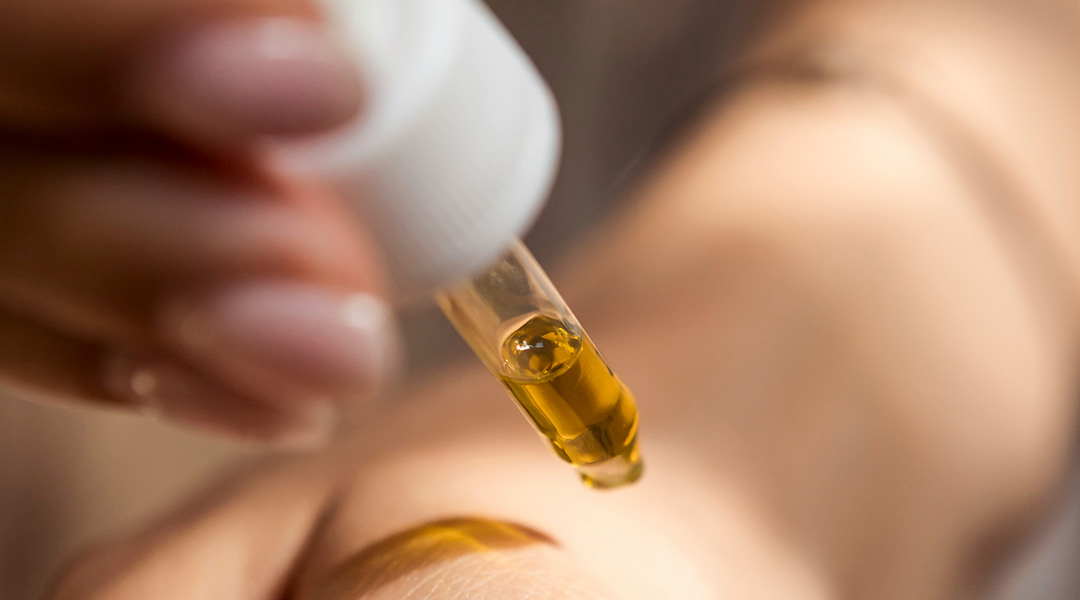
An active compound extracted from Angelica Acutiloba effectively eliminates harmful senescent cells in the dermis, with anti-aging benefits.
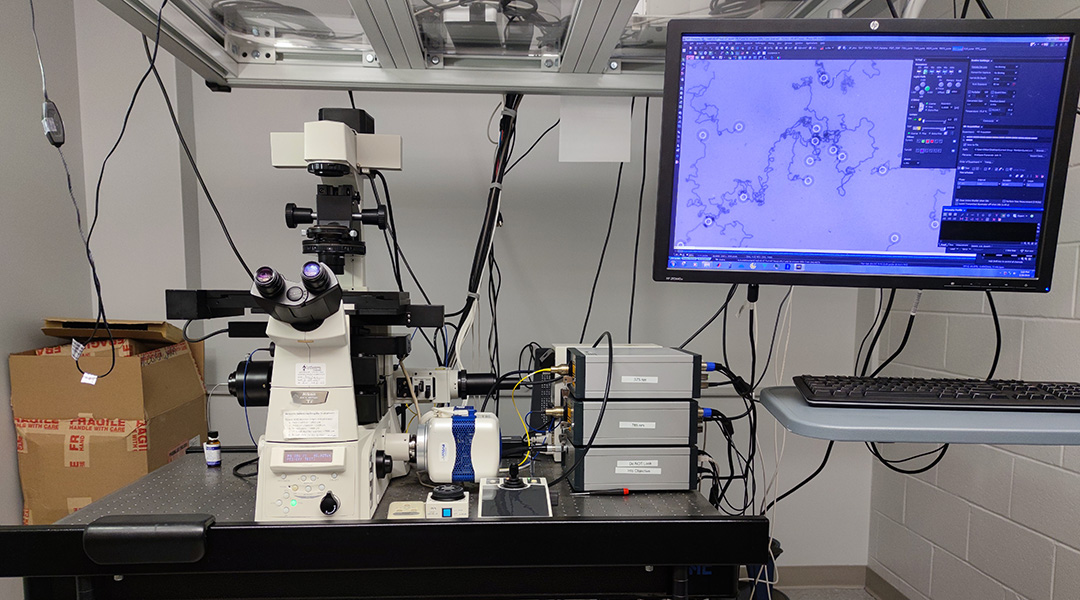
Scientists achieve threefold speed boost for DNA nanomotors and applied them to breakthrough virus detection for SARS-CoV-2 and RSV tests.

Researchers are tackling the growing problem of electronic waste by designing wearable electronics from sustainable and recyclable materials.
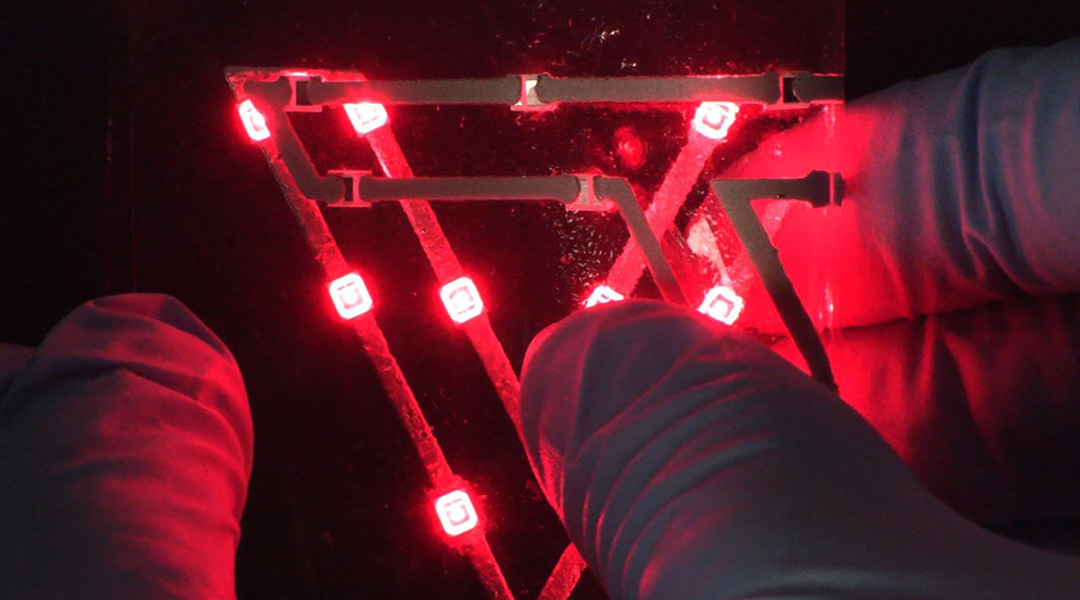
E-CASE liquid metal adhesive enables flexible connections to make better, tougher flexible electronics for wearables and robotics.
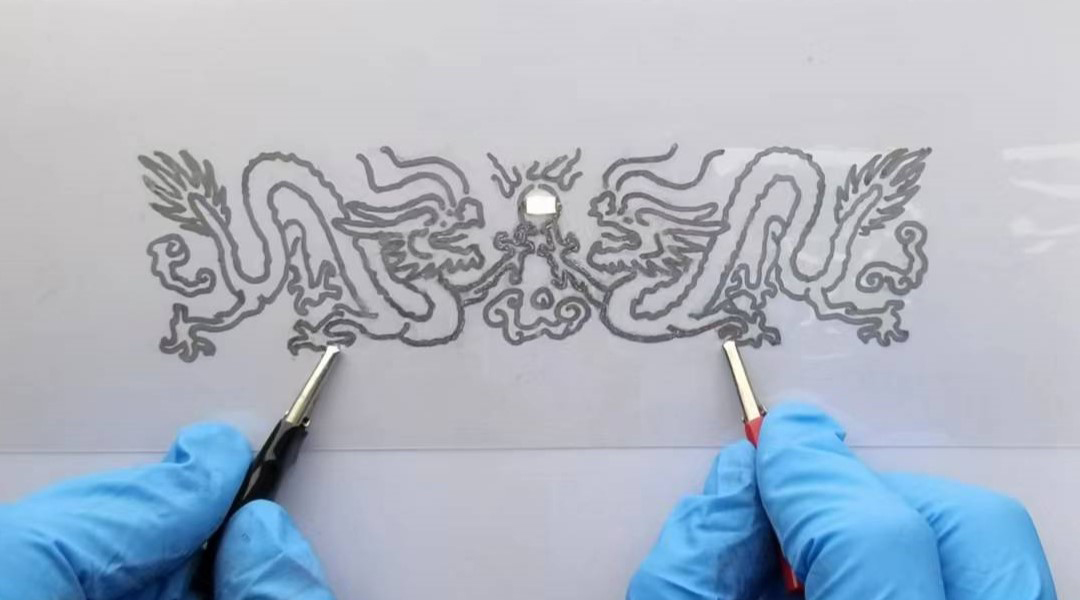
A liquid metal encapsulated within bio-based shells allows researchers to “draw” functioning electronic circuits with ease.